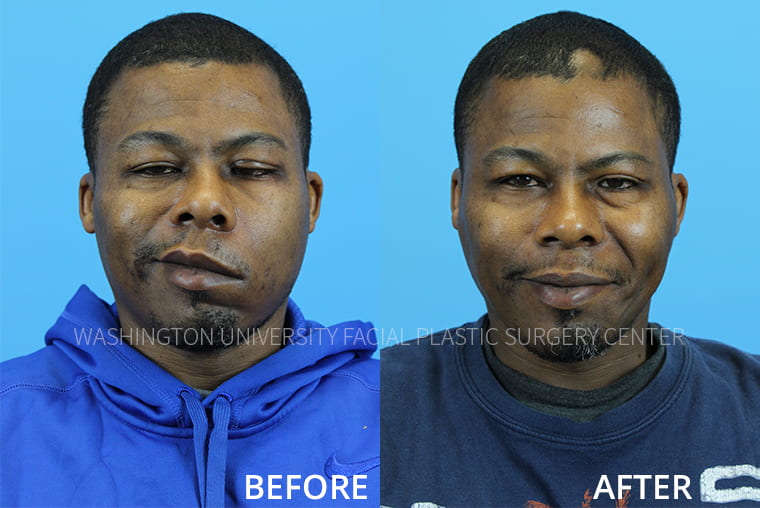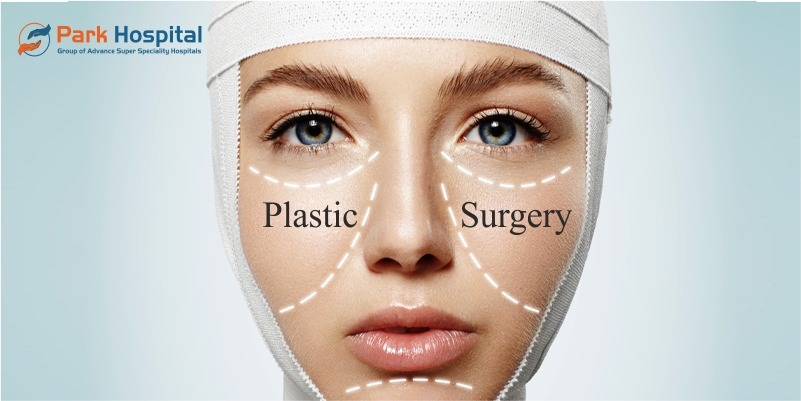The Influence of Self-Image on Decision-Making: Reasons That Many Individuals Go After Aesthetic Surgical Procedure for Physical Transformation
The interplay in between self-image and decision-making is a complicated sensation, especially evident in the enhancing fad of individuals selecting plastic surgery as a means of physical makeover. Inspired by a need to meet individual perfects and societal assumptions, many individuals face concerns of self-confidence that can considerably influence their selections. As outside stress from cultural standards and social media intensify feelings of inadequacy, a critical question develops: what are the underlying emotional elements that drive this quest of modified appearances, and what ramifications do these decisions hold for individual identification and well-being?
Comprehending Self-Image
Self-image describes the psychological image and perception a specific holds regarding themselves, including elements such as physical look, characteristic, and overall self-worth - mommy makeover rancho cucamonga. This interior representation dramatically affects how individuals communicate with the world and can be a driving force behind numerous life selections, consisting of the decision to undergo plastic surgery
A positive self-image typically associates with greater self-esteem and a sense of self-confidence, fostering a proactive approach to life. Conversely, an adverse self-image might bring about sensations of insufficiency and frustration, prompting people to look for outside options to viewed defects. This quest for enhancement can show up in the desire for physical makeover with cosmetic procedures.
Furthermore, societal criteria and social influences play a pivotal role fit self-image. The prevalent nature of media and peer comparisons can intensify feelings of instability, inspiring individuals to modify their appearance in pursuit of approval or approval. Understanding these dynamics is necessary in comprehending the motivations behind plastic surgery. Eventually, self-image is a complex construct that links with emotional health, social assumptions, and individual goals, making it a vital consider the decision-making procedure relating to cosmetic improvements.
Mental Variables at Play
Various mental elements affect an individual's decision to go after plastic surgery, commonly rooted in deeper emotional and cognitive procedures. One substantial element is low self-worth, which may occur from adverse self-perceptions or dissatisfaction with one's appearance. Individuals with reduced self-regard might believe that changing their physical functions will certainly boost their overall value and approval in social contexts.
In addition, the concept of body dysmorphic condition (BDD) plays an essential function. People experiencing BDD experience an obsessive concentrate on perceived flaws in their appearance, leading them to look for medical treatment as a solution. This compulsive desire for change can significantly distort their self-image, driving them to pursue procedures regardless of the potential for unfavorable end results.

Societal Stress and Assumptions
A considerable influence on people' choices to go through plastic surgery originates from societal pressures and assumptions that infuse modern society. In an age controlled by social networks and consistent aesthetic exposure, idealized criteria of elegance are often showcased, creating a prevalent atmosphere where physical appearance is intensely inspected. Such criteria usually dictate what is taken into consideration eye-catching, leading individuals to feel compelled to adapt these suitables.
Moreover, the normalization of aesthetic enhancements in prominent society better intensifies these stress - mommy makeover rancho cucamonga. Influencers and celebs openly reviewing their operations can develop an understanding that such changes are not only acceptable however preferable. This sensation can stimulate sensations of insufficiency in people that might feel their all-natural appearance does not align with societal criteria
Furthermore, the impact of colleagues can not be ignored. Individuals might come across straight or indirect stress from close friends or family members, bring about a common validation of plastic surgery as an appropriate means to accomplish an idyllic self-image. Subsequently, these societal assumptions can dramatically impact personal decision-making procedures, often overshadowing innate inspirations for self-improvement and fostering a culture where physical transformation is go sought as a treatment for regarded drawbacks.

Study and Personal Stories
Many people have actually shared their individual trips relating to plastic surgery, disclosing an intricate interaction in between self-perception and societal impacts. For example, a 34-year-old lady defined how years of feeling inadequate as a result of Full Article her nose led her to look for rhinoplasty. She reported that after the treatment, her self-confidence rose, allowing her to involve even more openly in social circumstances and advance her profession. Yet, she acknowledged that her decision was greatly affected by media representations of appeal.
Similarly, a male person in his late twenties recounted his battle with body dysmorphic problem, which prompted him to seek lipo. His experience highlighted not just a desire for physical makeover but also an ambition for acceptance amongst peers. Post-surgery, he expressed a restored sense of self-regard, albeit with the awareness that inner validation should come before external adjustments.
These situation research studies emphasize a more comprehensive fad: people commonly check out plastic surgery as a path to enhanced self-image. Nevertheless, the narratives additionally expose an essential point of view on the pressures and expectations that form these decisions, suggesting that personal stories are deeply linked with social norms and values.
Alternatives to Aesthetic Surgical Procedure

Skincare therapies, consisting of chemical peels and microdermabrasion, can enhance skin texture and tone, dealing with issues like acne marks or irregular pigmentation. In addition, laser therapy is an effective approach for targeting particular skin concerns, such as sunlight damage or vascular go to the website sores, promoting an extra youthful look.
For those seeking body transformation, non-invasive fat decrease methods like CoolSculpting can help remove persistent fat deposits without surgery. Health and fitness programs and nutritional therapy are likewise important devices for individuals intending to attain a much healthier body image. Eventually, these alternatives can offer considerable outcomes while aligning with individual comfort levels and preferences, promoting a positive self-image without the durability of cosmetic surgical treatment.
Final Thought
People regularly look for physical makeover in an effort to improve self-confidence and line up with viewed requirements of appeal. By checking out options and fostering a much healthier self-image, people might discover more lasting paths to self-acceptance and wellness.
The interplay between self-image and decision-making is a complex sensation, specifically noticeable in the raising fad of people opting for cosmetic surgical treatment as a way of physical transformation.Numerous emotional aspects affect a person's choice to go after cosmetic surgical treatment, frequently rooted in deeper psychological and cognitive processes.A substantial impact on individuals' decisions to undertake cosmetic surgery stems from societal stress and assumptions that infuse modern society. Individuals may come across straight or indirect pressure from buddies or family members, leading to a communal recognition of cosmetic surgical treatment as an acceptable ways to achieve an idyllic self-image.Many people have actually shared their personal trips concerning cosmetic surgical procedure, revealing an intricate interplay between self-perception and social influences.